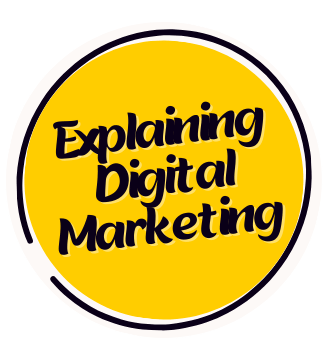Understanding Service Marketing: Key Principles and Real-World Applications
Welcome to today’s educational session on service marketing, a vital branch of marketing that focuses on promoting and delivering intangible products or services, as opposed to tangible goods. This field addresses unique challenges inherent to service provision, such as intangibility, inseparability, and variability. In this video, we will explore the distinct characteristics of service marketing, apply the traditional 4Ps marketing framework, and examine successful real-world examples to deepen our understanding.
Section 1: Characteristics of Service Marketing
Service marketing is characterized by several key features:
Intangibility: Services are not physical and cannot be touched or seen. Marketers must use strategies like branding and storytelling to make these intangible aspects tangible. For instance, financial consulting services use personalized plans and visual tools to help clients understand their investments.
Inseparability: Services are typically produced and consumed simultaneously, necessitating the simultaneous presence of provider and consumer. For example, the interaction quality between a hairdresser and a client at a salon directly impacts customer satisfaction.
Perishability: Services cannot be stored for future use; once missed, the opportunity is gone. Airlines, for instance, use revenue management strategies to handle this by optimizing pricing and overbooking to maximize revenue.
Heterogeneity: Services often need to be customized to meet individual customer needs, requiring flexible marketing strategies. Hotels like Marriott allow room customization to cater to various preferences.
Relationship Building: Services rely heavily on building long-term customer relationships. Companies like Amazon use personalized recommendations and customer service to foster loyalty.
Customer Involvement: Customers often play an active role in the service process. Fitness centers, for example, engage clients by offering personalized fitness plans and interactive online platforms.
Section 2: The 4Ps of Service Marketing
The 4Ps framework—Product, Price, Place, and Promotion—provides a structured approach to service marketing:
- Product: In service marketing, the product is the intangible service offered. It includes customization, innovation, and creating compelling service propositions.
- Price: Pricing strategies may include value-based pricing or dynamic pricing, reflecting the service’s perceived value.
- Place: This refers to how and where customers access the service, which could be through physical locations or digital platforms like mobile apps.
- Promotion: Promotional strategies encompass advertising, content marketing, and social media engagement to create awareness and attract customers.
Section 3: Real-World Example – Disney
Disney exemplifies successful service marketing with strategies focused on service excellence, customer experience, brand reputation, and innovation:
- Service Excellence: Disney trains its ‘cast members’ extensively to ensure they provide outstanding service, creating magical customer experiences.
- Customer Experience: Disney’s attention to detail ensures every aspect of the park contributes to a memorable visit, from cleanliness to ride design.
- Brand Reputation: Disney leverages its reputation to evoke nostalgia and promote family values, enhancing its market appeal.
- Innovation: Disney introduces new attractions and technologies, like Magic Bands, to improve convenience and enhance the customer experience.
Section 4: Summary
Service marketing is a specialized field that requires an understanding of the unique aspects of services compared to tangible goods. Success in this area hinges on delivering exceptional customer experiences and building strong relationships, supported by strategic marketing practices focused on the 4Ps.
Thank you for joining this session on service marketing. If you found this information useful, please like, subscribe, and share your thoughts in the comments below. Stay tuned for more insightful discussions on marketing strategies and business principles.



